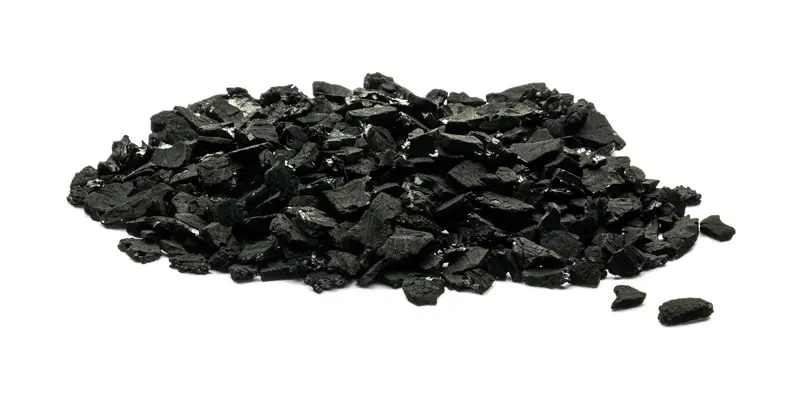Naphtha
Naphtha normally refers to a number of different flammable liquid mixtures of hydrocarbons, i.e. a distillation product from petroleum or coal tar boiling in a certain range and containing certain hydrocarbons. It is a broad term covering the lightest and most volatile fraction of the liquid hydrocarbons in petroleum. In petroleum engineering, full range naphtha is defined as the fraction of hydrocarbons in petroleum boiling between 30°C and 200°C It consists of a complex mixture of hydrocarbon molecules generally having between 5 and 12 carbon atoms. It typically constitutes 15-30% of crude oil, by weight. Light naphtha is the fraction boiling between 30°C and 90°C and consists of molecules with 5-6 carbon atoms. Heavy naphtha boils between 90°C and 200°C and consists of molecules with 6-12 carbons. Naphtha is used primarily as feedstock for producing high octane gasoline (via the catalytic reforming process). It is also used in the petrochemical industry for producing olefins in steam crackers and in the chemical industry for solvent (cleaning) applications. Common products made with it include lighter fluid, fuel for camp stoves, and some cleaning solvents.
 HS-AC
HS-AC